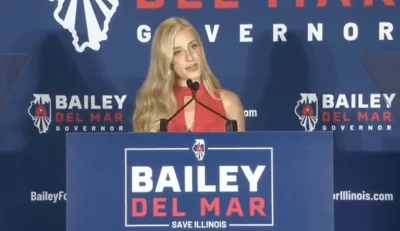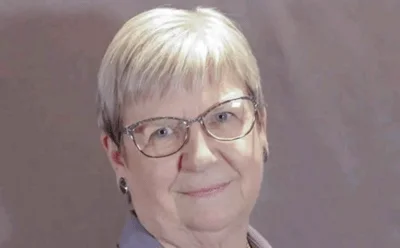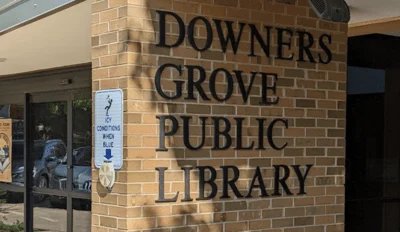Hinsdale President Thomas Cauley Jr. | Cauley Law Group
Hinsdale President Thomas Cauley Jr. | Cauley Law Group
The Village of Hinsdale has called for a special meeting on Tuesday, Jan. 2 to address the issue of illegal bus drop-offs in the village.
The announcement signals a proactive response to the growing concern over sanctuary policies affecting neighboring communities.
“Great News!” Kristina McCloy said on Facebook.
“Hinsdale President (Thomas) Cauley just informed me that there will be a special meeting on Tuesday to pass an ordinance over the illegal drop offs in Hinsdale.”
The meeting is set to take place from 7 to 10 p.m. at the Memorial Building located at 19 East Chicago Avenue in Hinsdale.
The meeting agenda includes one item on which village trustees will vote.
“Approve an Ordinance Amending the Village of Hinsdale Village Code in Regard to Charter Buses and Unscheduled Stops,” the agenda reads.
Hinsdale’s meeting comes as a rising number of Illinois towns and cities are rejecting the drop-offs of illegal immigrants.
The discontent reflects a growing perception that higher-level politicians like Illinois Governor J.B. Pritzker and Chicago Mayor Brandon Johnson are out of touch with the concerns and preferences of local communities, particularly evident in the realm of immigration policies, Wirepoints reports.
In response to Chicago's limitations on bus drop-offs for homeless illegal aliens, surrounding communities have enacted their own laws, preventing buses from unloading passengers within their jurisdictions.
Despite these efforts, buses originating in Texas continue to leave passengers in areas up to 50 miles south of Chicago, Breitbart reports.
Cities such as Rosemont, Cicero, Schaumburg, Elk Grove Village, Matteson, Chicago Ridge, Elburn and South Barrington have already implemented rules restricting or prohibiting bus drop-offs, with additional locales, including Clarendon Hills, Posen, Crystal Lake, Oak Lawn and Broadview, considering similar measures.
Concerns are also rising among counties, with Grundy County erecting signs on interstates advising bus drivers not to attempt stops there.
Grundy County Sheriff Ken Briley attributes the situation to Johnson, emphasizing the growing disconnect between the state's leadership and the desires of its communities regarding immigration policy.
Meanwhile, Chicago's mayor, grappling with the financial burden of supporting welcomed illegal immigrants, plans to redirect $95 million earmarked for COVID-19 response to fund housing for undocumented individuals.






 Alerts Sign-up
Alerts Sign-up